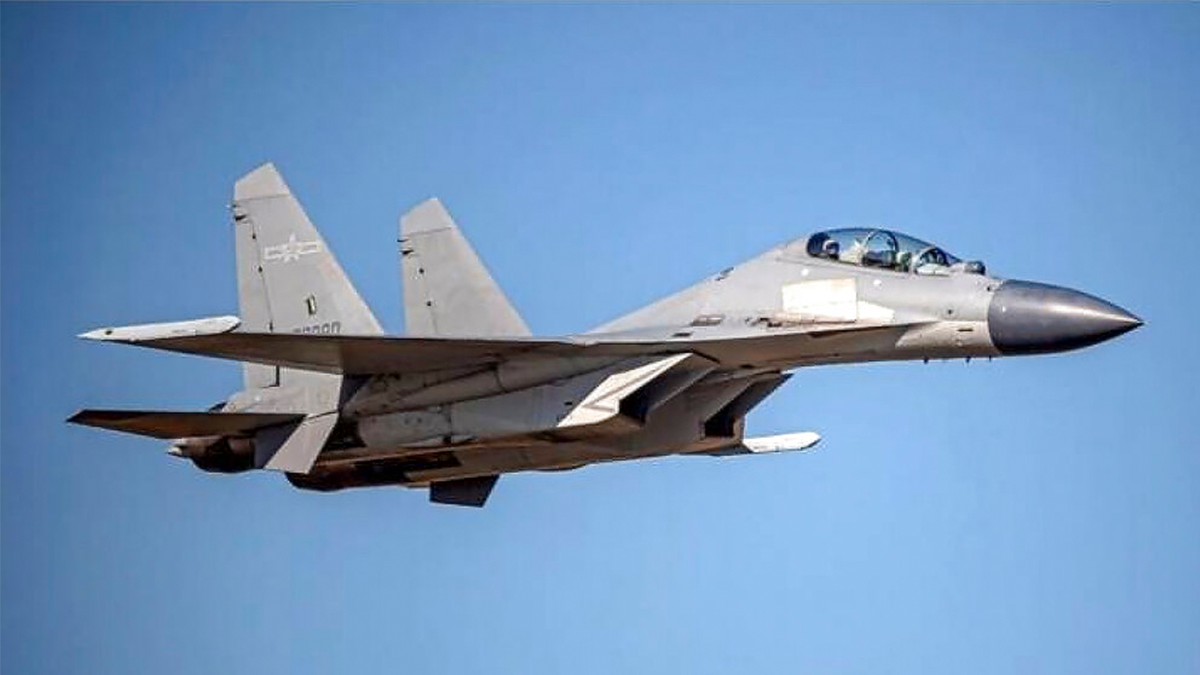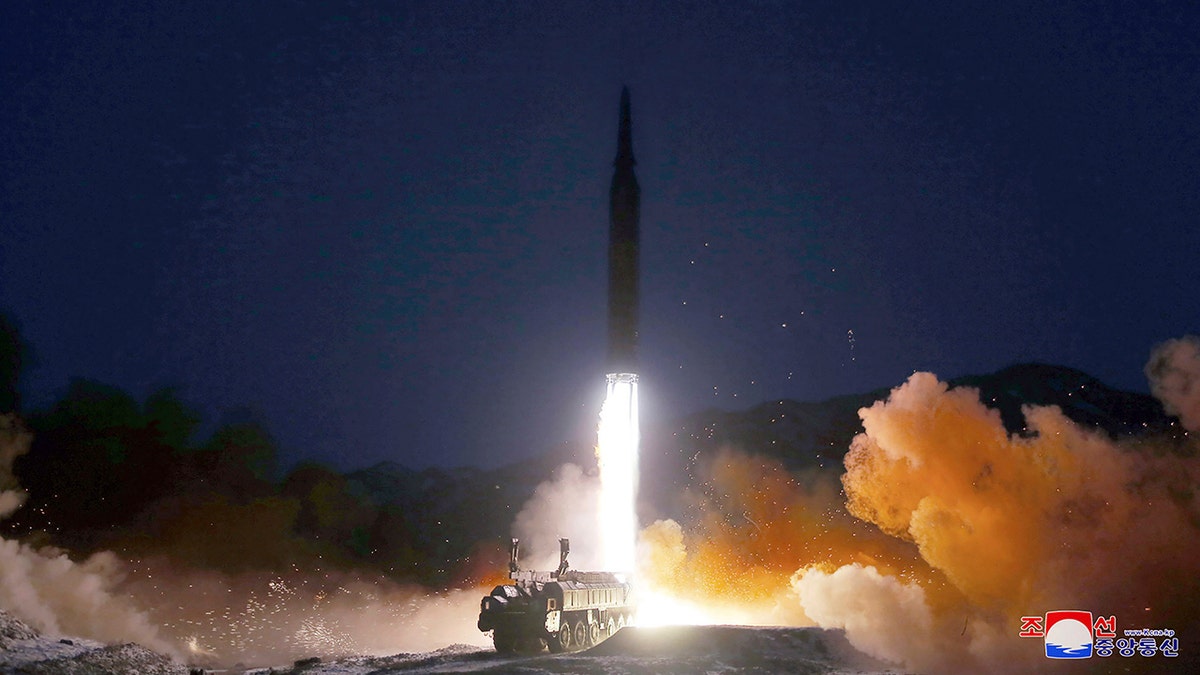China's takeaways from the Russia-Ukraine war: Arthel Neville
Author Gordon Chang explains the purposes behind Chinese propaganda and its support of the Russian war effort on 'Fox News Live.'
Japan's Liberal Democratic Party – the country's right-wing, long-ruling party – is proposing a sharp spike in defense spending as international tensions continue to build.
Japan has begun taking seriously calls for it to raise a traditional, standing military in the face of foreign threats. Currently, the Japanese Constitution explicitly forbids the nation from wielding a military, and allows only for the garrison of a small Self-Defense Force. LDP officials have been pushing for a vote to overturn this constitutional clause for decades. The Russian invasion of Ukraine has heightened international tensions, making Japan more open to a military than ever before. The new proposal would allot approximately 2% of the national GDP to defense – a record high for the pacifist country.
"With the defense spending target of more than 2% of GDP for NATO nations in mind, our country also aims to realize that the budget meets a level necessary to fundamentally reinforce defense capabilities in five years," the proposal reads, according to the Japan Times.
JAPAN, US HOLD NAVAL DRILLS OFF KOREAS AMID NUKE TEST WORRY
The drafted proposal would allow the government to disable foreign missile and command systems. While far from a remilitarization of the country, this half-measure would better allow the Japanese government to combat aggression from mainland China.

FILE: In this undated file photo released by the Taiwan Ministry of Defense, a Chinese PLA J-16 fighter jet flies in an undisclosed location (Taiwan Ministry of Defense via AP)
International experts worry the invasion of Ukraine could inspire or spill over into Asia, where the Chinese Communist Party has well-documented goals in mind for repossession of various neighboring countries.
The Chinese Communist Party aired a video last year in which it warned Japan of a nuclear response and "full-scale war" if the island nation interferes in China’s handling of Taiwan.
"We will use nuclear bombs first," the video said. "We will use nuclear bombs continuously. We will do this until Japan declares unconditional surrender for the second time."
Tension has also risen in the area over North Korea’s spate of missile tests this year, including its first intercontinental ballistic missile launch in more than four years.
Some experts say the North’s recent missile tests were meant to perfect its weapons technology, boost its leverage in future negotiations with the U.S. and secure stronger internal loyalty. They say North Korea could soon conduct another ICBM launch, a launch of a satellite-carrying rocket or a test of a nuclear device in coming weeks.

This photo provided by the North Korean government shows what it says a test launch of a hypersonic missile on Jan. 11, 2022 in North Korea. Independent journalists were not given access to cover the event depicted in this image distributed by the North Korean government. The content of this image is as provided and cannot be independently verified. Korean language watermark on image as provided by source reads: "KCNA" which is the abbreviation for Korean Central News Agency. (Korean Central News Agency/Korea News Service via AP) ((Korean Central News Agency/Korea News Service via AP))
CLICK HERE TO GET THE FOX NEWS APP
Japan, a traditionally pacifist nation with a gentle hand in foreign affairs, has bolstered infrastructure since the invasion of Ukraine and is more defensively conscious than previous years.
U.S. and Japanese warships, led by the USS Abraham Lincoln carrier strike group, are conducting their joint naval exercise in waters between Japan and the Korean Peninsula for the first time in five years, in a show of their close military alliance amid growing speculation of North Korea’s missile or nuclear testing later this week.
The U.S. 7th Fleet and Japan’s Maritime Self-Defense Force said last week they conducted a joint naval exercise at the Sea of Japan on Tuesday and Wednesday. It was the first time the U.S. aircraft carrier held the exercise in the area since 2017 and is seen as an apparent attempt to deter North Korea’s provocation.
Peter Aitken and The Associated Press contributed to this report.

